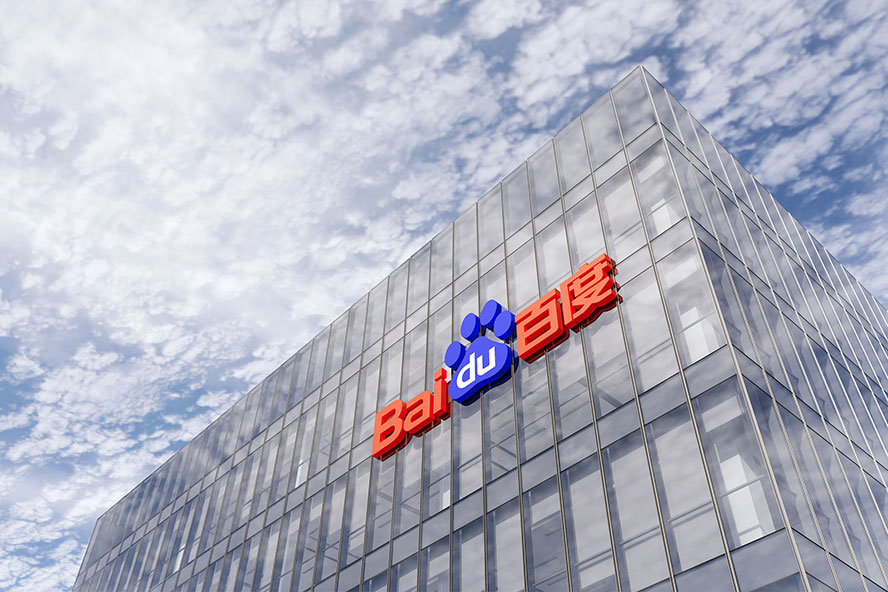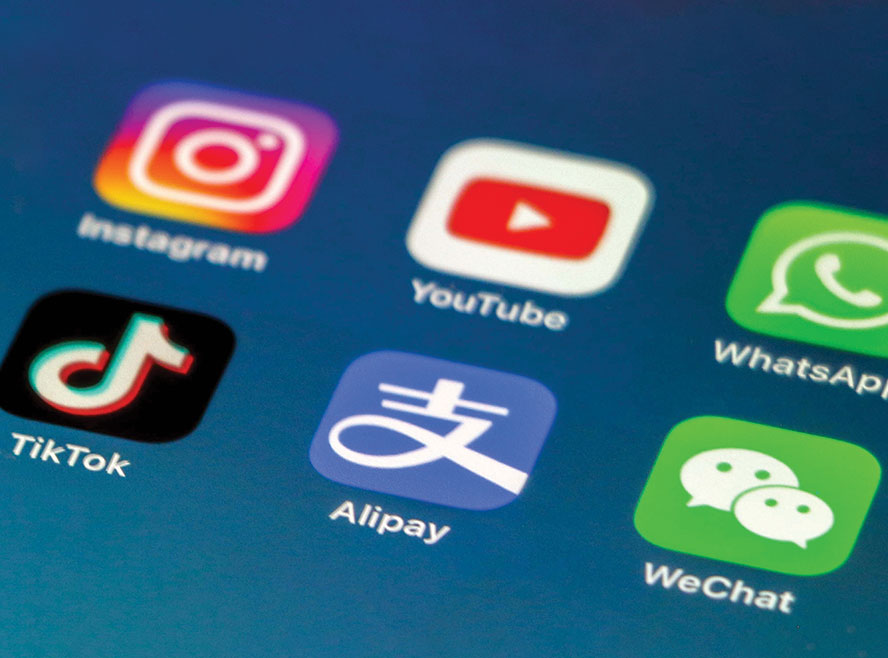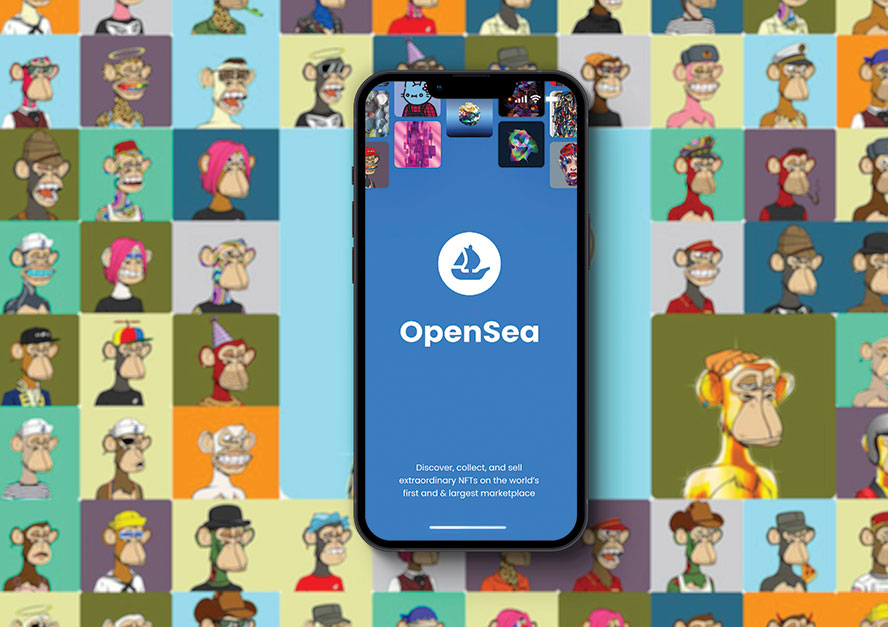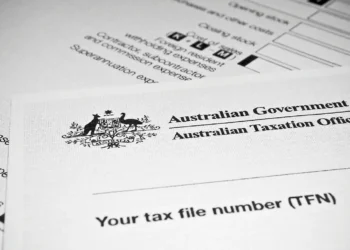In the first of a two-part series, MdME’s Victoria White takes a closer look at the rising world of metaverses and NFTs and how Asia’s tourism and leisure operators can use them to their advantage.
The Metaverse, NFTs and digital collectibles have catapulted to prominence in the mainstream market over the past 12 months. The metaverse industry represents a US$800 billion market opportunity, according to a Bloomberg Intelligence report of December 2021, which has prompted brands and businesses across the spectrum to explore participation and formulate their own metaverse strategies.
For the IR industry, the metaverse may provide the optimal solution for in-market engagement and marketing to next-generation customers, as well as a potential avenue to satisfy non-gaming and tourism-focused requirements that are likely to feature in the upcoming gaming license renewal tender for Macau’s gaming concessionaires. In this article, we examine the latest developments in the metaverse ecosystems in Asia and potential use case scenarios for the IR sector.
NEXT-GENERATION SOCIAL ENGAGEMENT
Essentially, the metaverse presents a virtual platform for the next iteration of social interactions via online channels. In practice, these metaverse environments project a digital representation of real-world examples – cityscapes, shopping districts, entertainment parks, campuses, CBDs and so on – where users can participate in fully immersive, virtual experiences that go beyond merely 2D images on a digital or mobile screen.
 Crucially, the metaverse enables social interactions between users in the virtual space, which allows for a more realistic simulation of real-world social engagements. Consequently, for all industries which involve social interactions, especially in the leisure and entertainment sectors, the metaverse offers a significant tool to supplement and reinforce in-person interactions with customers, especially among younger, tech-savvy consumers.
Crucially, the metaverse enables social interactions between users in the virtual space, which allows for a more realistic simulation of real-world social engagements. Consequently, for all industries which involve social interactions, especially in the leisure and entertainment sectors, the metaverse offers a significant tool to supplement and reinforce in-person interactions with customers, especially among younger, tech-savvy consumers.
METAVERSES FOR THE CHINA MARKET
Geographical differences in the development of these new metaverses have become apparent and pose a key consideration for businesses located in Macau, China and Hong Kong in determining their metaverse entry strategy.
In China, a separate range of metaverses is under construction for the China market, with the leading technology companies – Tencent, Alibaba, Bytedance, NetEase and Baidu – all investing in development of their own metaverse platforms. There are conspicuous differences in the features of the Chinese metaverses compared with metaverse platforms that are created by Hong Kong, European and US developers. A decisive influence on the development of metaverses for the China market is regulation. Following the directive of the Chinese financial authorities, it is evident that the metaverses in China will not support cryptocurrencies, nor issue their own in-world token currencies, nor permit speculative trading of digital assets, such as NFTs, including virtual land plots.
Additionally, a Metaverse Industry Committee was established under the China Mobile and Communications Association in October 2021 which will be a lynchpin in directing the development of metaverse platforms in China going forward. The Metaverse Industry Committee is tasked with strengthening integration within the metaverse industry and is responsible for thought leadership involving the metaverse in China.

Certainly, the metaverse will have a significant impact on social commerce and consumption in the China market in future, with Chinese cities and regions now incorporating the metaverse into their five-year development plans, especially for the IT industry. Nevertheless, the Chinese metaverse ecosystem is still in its infancy, with Chinese technology companies laying the groundwork for future applications, which will likely first involve AR/VR-supported games and interactive environments. Tencent has unveiled plans to expand computer gaming and gamification into the metaverse, and this approach is mirrored by Bytedance’s recent acquisition of the VR headset manufacturer Pico to complement the company’s development of its social gaming offering. Meanwhile, the first Chinese metaverse app, Xi Rang, was launched in December 2021 by the Chinese technology company Baidu with three experience scenarios that are linked to Baidu’s VR platform – although it will likely take several years before Xi Rang and competitor metaverses reach full potential and a sophisticated offering.
An important characteristic of the Chinese metaverses is the centralized nature of the platforms which are entirely developed and controlled by the operators themselves. The platforms do not track the decentralized, community-based (DAO — decentralized autonomous organization) structures and self-build approach which are intrinsic to metaverse platforms in other regions. Hence, for brands to feature within one of the Chinese metaverses in the future, it seems likely that they will need to contract directly with the platform operator to establish their presence, similar to the current mechanics for creating a mini-program and official account within WeChat, Alipay or Douyin.
 INTERNATIONAL METAVERSE PLATFORMS AND VIRTUAL LAND PLOTS
INTERNATIONAL METAVERSE PLATFORMS AND VIRTUAL LAND PLOTS
Outside of the China market, there are numerous developer companies vying to create the “ultimate metaverse” for users across international markets. The most well-known metaverses at present are Decentraland and Hong Kong-based Animoca Brand’s The Sandbox, which are currently leading in terms of token valuation and media coverage, while others include Axion Infinity, NFT world, Atlas and Meta’s Horizon Worlds. Each of these metaverses operates using their own in-world currency tokens, which are blockchain-based tokens that users must purchase to transact on the platform. For instance, transactions in Decentraland require Mana tokens, while transactions in The Sandbox require Sand tokens, both of which can be acquired through cryptocurrency exchanges, such as Binance and Coinbase.

The metaverses themselves each have their own rules, community sizes, currency tokens and plot sizes and layouts. Although the metaverses operate on similar principles, each is different and has its own Terms of Use which contractually govern activities on the platform and are validated through smart contracts. An intrinsic part of the development of these metaverses is the concept and mechanism of virtual property. Brands, organizations and users can buy virtual land plots on which they can create virtual stores and properties for in-world sales or display marketing of real-world products and services. Virtual land can also be revenue generating in itself: owners can charge users to access or view a particular space in the virtual world: for instance, to watch a movie in a virtual cinema or to view a museum or a gallery or attend a VIP music concert.

The ownership framework of these virtual land plots comes in the form of a non-fungible token, which can be purchased from NFT marketplaces, such as OpenSea, as well as directly from the metaverse developer. The value, and hence the cost, of the virtual plot depends on its position within the topography of the virtual world: the area, district and adjoining neighbours have an impact on the valuation, similar to the economics of property sales in the real world. If the plot is in the fashion district, or a popular area, the land will have greater value because of the volume of passing (virtual) foot traffic and the potential for generating advertising revenue from paid advertising on the plot.

Following acquisition of the virtual plot, owners can then digitally create their own structure on the plot, which may be a virtual store, theme park, concert venue or other. Hence, tools and editing suites are provided by the metaverse platform operators to enable users to program their own graphics onto the platform to customize their buildings and structures. Variations between the different metaverses exist: some more sophisticated metaverses use high resolution pixels and imaging which are more attractive from a user-experience perspective, but increasingly complex for non-specialized graphic artists to program.
In Part 2 of this article, to appear in the July issue of Inside Asian Gaming, we will explore how integrated resort and casino operators can drive real-world visitation.































